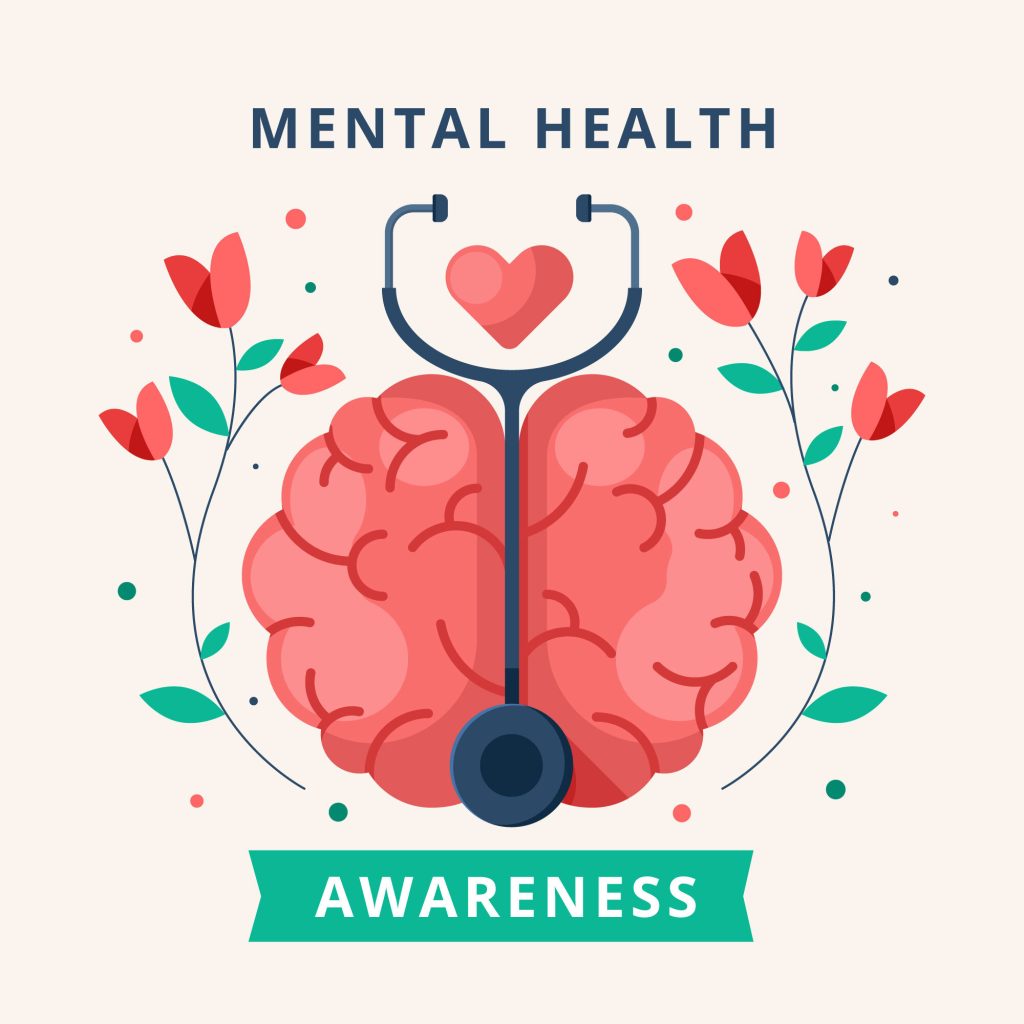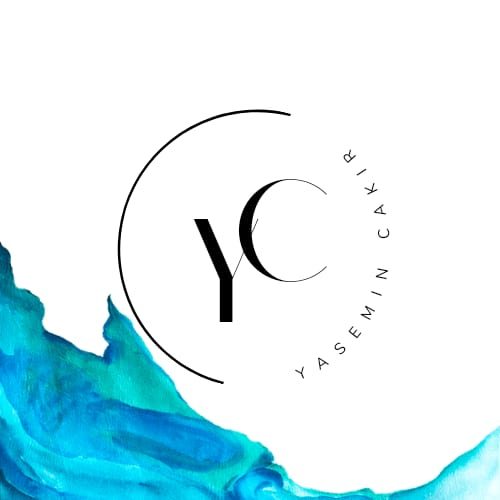
‘You have already survived every day you thought you could not’
-Unknown
As we enter National Suicide Awareness Month, I feel it’s the right time to share my mental health journey. This is a story I’ve held close for many years, but I refuse to contribute to the “hush hush” nature surrounding mental health. If this is my reality, then this is what I will portray—openly and honestly. Welcome to my mental health blog.
Childhood: The First Signs
I had my first suicidal thought at just 7 years old. At the time, I didn’t recognize it for what it was. I didn’t know where the thought came from—no one around me had spoken about suicide, and it wasn’t something I’d encountered at home, at school, or in the media. It felt like instinct—natural, even.
What makes it more confusing is that I wasn’t sad. When I look back, I had a beautiful childhood. Sure, there were some traumas (which I won’t delve into here), but I mostly remember joy. I spent my days playing on the sunlit beaches of Marmaris, wading through the cool sea, collecting shells. In the evenings, I’d be surrounded by friends, with music drifting from the background bars on the promenade. The world felt like it was all mine.
But even in the midst of this idyllic childhood, those dark thoughts were there—quiet but present.
I remember I would hit myself at a young age, in the head, when I was alone. It felt like a release of all my emotions, it would shock me every time I did it because I wouldn’t plan it, it was again, like instinct. In moments where I had too many ‘big emotions’ that’d be my response. Looking back, it was a sign, for me, I just thought I was ‘weird’
Adolescence: Dismissed as Puberty
As I grew older and entered my pre-teen years, I began to struggle more. At the time, everyone brushed it off as hormones. I began self harming by cutting and scratching as well as hitting myself but even when I attempted suicide twice before the age of 13, I was discharged from the hospital without ever seeing a doctor. The nurses did what they had to, but that was it.
No one talked to me about what was going on. My family didn’t address it, my friends were blamed, social media was blamed, even I was blamed. The right questions were never asked. People spoke about me, never to me. So the issue was left alone, and I was left to manage it on my own.
It wasn’t until I turned 16 that I reached out to a doctor. By this time, I had returned to the UK, and my GP diagnosed me with PTSD, Anxiety, and Depression. I was referred to counselling, both privately and through my college, but I never really felt the benefit. Now looking back I can see that it helped me become more self aware, which has helped later on in life when communicating my needs.
Early Adulthood: A Brief Reprieve
For a time, I thought maybe it had all been puberty after all. When I moved back to Turkey and started scuba diving, I felt better. I didn’t need support for a few years and felt “fine.” I guess that’s the power that passion can have.
But everything changed after I had my son. Postpartum depression hit me hard, and I felt like I’d been placed into a completely different body. Suddenly, every bad memory I had lived through flooded back, and I forgot every good one. All I could feel was pain, frustration, hopelessness, and fear.
Luckily, I had always been aware of mental health even if not realising it was for myself, so I sought help quickly. It took visits to four different hospitals and consultations with five different doctors and five different medications with little effect before we found the right medications to help me through my postpartum depression (PPD). After a year of trials, a new doctor suggested that my struggles might actually be Major Depressive Disorder, given the time that had passed since my son’s birth.
We tried another four medications before finally finding a prescription that worked for me. I had lost what felt like 20 years of my life in just one year of mental health struggles, but with the right medication, I found a new lease on life.
The Setback: A Return to the UK
For two years, I maintained stability on the same prescription, with regular monthly check-ins with my doctor. However, when I returned to the UK, my GP couldn’t prescribe the same medication. Aripiprazole, which had worked well for me as a mood stabilizer, is classified as an antipsychotic, and my GP was unwilling to prescribe it. Additionally, they reduced my SSRI dosage (Fluoxetine), causing a significant dip in my mental health.
For the past two years, I’ve struggled to manage that dip. The last six months have been particularly hard, despite constant communication with my GP, therapy sessions, and reaching out to crisis helplines. It felt like I was losing control again.
Finding Stability Again
After many appointments, countless tears, and phone calls begging for help, becoming a Medicinal Cannabis patient, trying yet another handful of medications, seeing doctors privately and seeking more therapy, a stay in a crisis house, multiple trips to A&E, I am now getting support that feels right. The CMHT (Community Mental Health Team) have been fantastic with me and for the first time since coming back to the UK, I felt listened to, I felt there was a chance I was going to be okay again and believe me when I say, I had lost every single molecule of hope in my life at that point.
Finally, I have been prescribed the same medication that had once kept me stable. It’s been about four weeks since I’ve returned to it, and while I’m not yet where I want to be, I’m slowly getting there. I also use PRN (medication taken as needed) for those really tough moments. I’m still scared that the Aripiprazole won’t work like it used to as the depressive order has lasted so long, and we have recently also changed my main medication to a higher dose of an SNRI now. I will explain the difference in a later blog.
It’s still a work in progress, and I have more steps to take. But just like I’ve been able to reflect on past experiences and move forward, I hope to one day look back on this period with the same perspective.
